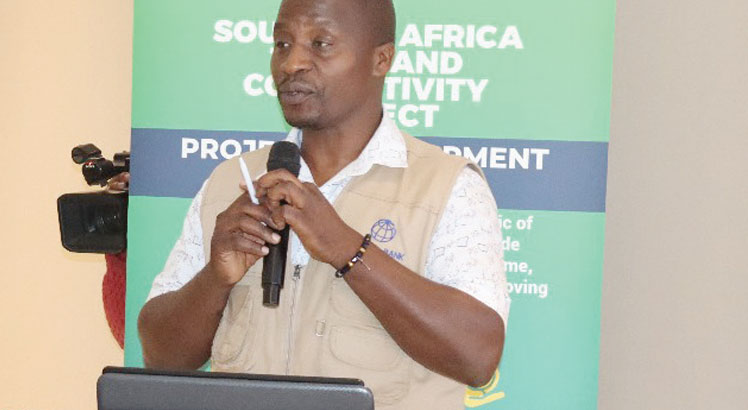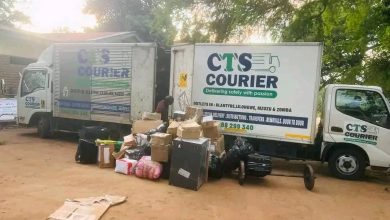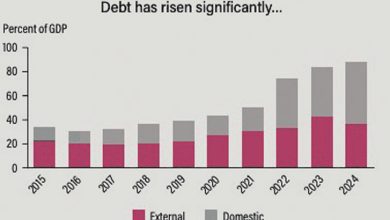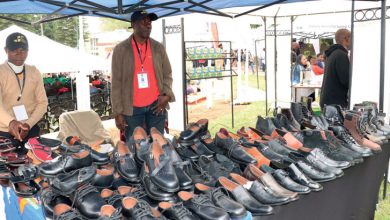Malawi eases trade barriers in COMESA
Southern Africa Trade and Connectivity Project has moved a step closer to enhance local agricultural value chains after stakeholders validated a pre-feasibility report on developing infrastructure to support regional value chains.
The project, funded by the World Bank and implemented by the Ministry of Transport and Public Works, seeks to support agricultural value chains focusing on high-impact crops such as soya beans, sunflower, cassava and pigeon peas.
Project manager Hastings Ngoma said at the validation of the pre-feasibility study in Mponela, Dowa on Friday that the development of last mile infrastructure such as roads and storage facilities is key to improving productivity, market access and trade competitiveness.

and quality across the region
“The development of these value chains will enhance productivity, reliability and quality across the region, benefiting local producers and strengthening regional integration,” he said.
Ngoma asked local communities along the project’s proposed implementation route to provide feedback to the study, adding that stakeholders’ involvement was crucial to the project’s success.
The project’s representatives, Ministry of Transport and Public Works, district councils and the private sector validated the pre-feasibility study that seeks to inform how project implementers will identify and select districts for last mile infrastructure.
This is part of component three supported by the Ministry of Trade and Industry.
The value chains are critical to the country’s drive to diversify and reduce its dependence on tobacco, which contributes between 55 and 70 percent of the country’s export earnings, according National Statistical Office.
Ministry of Trade and Industry director of industry Clement Phangaphanga said government has proposed 11 districts to benefit from the last mile infrastructure project.
He said: “Our plan is that districts such as Neno, Chiradzulu and Nsanje can develop infrastructure that is resilient to natural disasters, including climate change.
“We also want the districts to share infrastructure such as feeder roads connecting them to ease transport issues.”
The project will develop last mile infrastructure in 15 districts along the Beira and Nacala corridors to reduce trade costs between the three countries to ensure that these value chains are fully supported by infrastructure that links rural production areas to markets, reducing logistical challenges and improving the flow of goods.
By focusing on integrated value chain development, the project is expected to unlock the economic potential of Southern Africa’s agricultural sector





